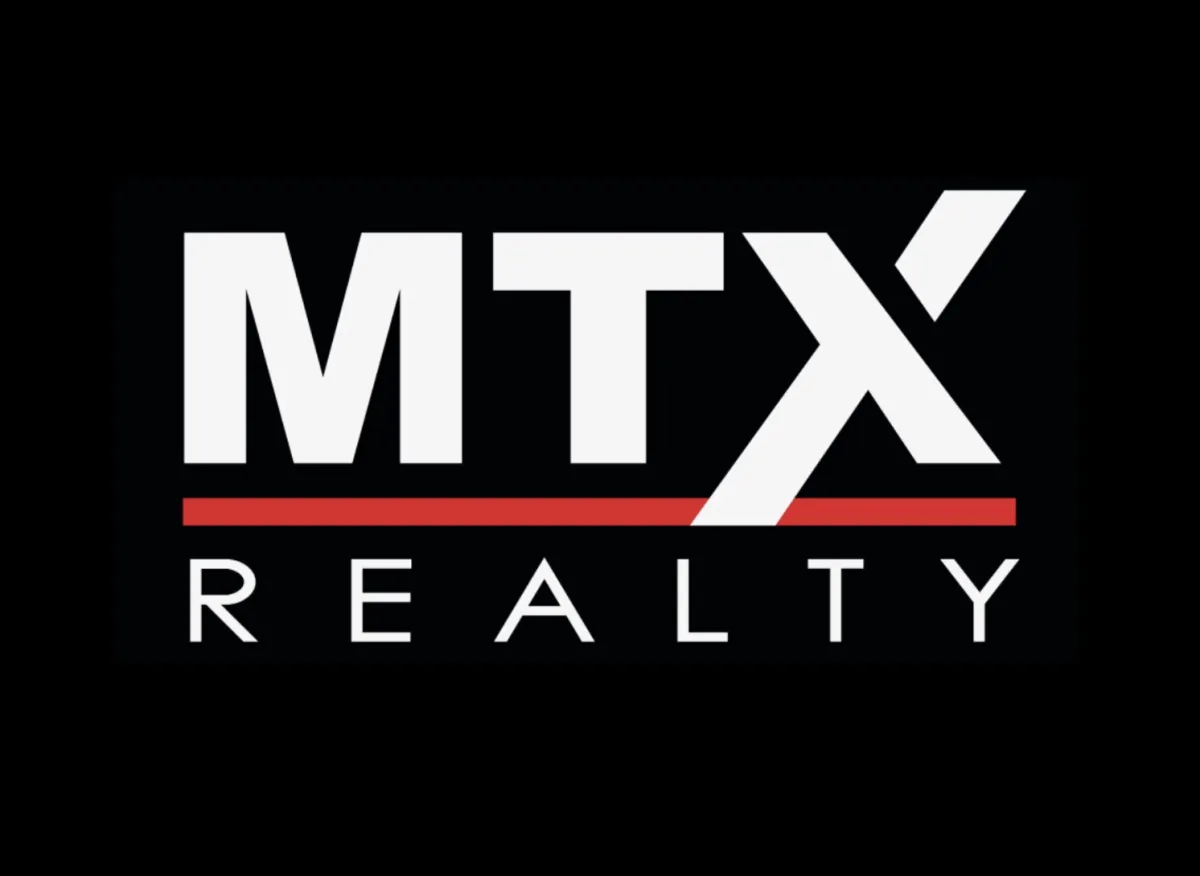What's Your Home Worth?
Making Better Decisions
Frequently Asked Questions
How is my home's market value determined?
Your home's market value is determined by several factors, including its location, size, condition, recent sales of similar properties (comparables), and the current real estate market conditions. An experienced real estate agent can provide a detailed comparative market analysis (CMA) to estimate your home’s value.
What can I do to increase the value of my home before selling?
To increase your home’s value, consider making small upgrades such as fresh paint, landscaping, or replacing outdated fixtures. Larger projects like kitchen or bathroom renovations can also add value. Additionally, decluttering, deep cleaning, and staging your home can enhance its appeal to buyers.
How long does it typically take to sell a home?
The time it takes to sell a home varies depending on the market conditions, the property's location, price, and condition. On average, it can take anywhere from a few weeks to several months. Homes priced correctly and in good condition tend to sell faster.
What are the costs involved in selling my home?
Common costs include real estate agent commissions, closing costs, repairs or improvements, staging fees, and moving expenses. There may also be costs for legal fees, property taxes, and potential concessions to the buyer.
How do I choose the right real estate agent to sell my home?
Look for a licensed agent with local market experience, strong negotiation skills, a good track record, and positive client reviews. A good agent will offer a comprehensive marketing plan, excellent communication, and will understand your needs and goals.
Should I sell my home before buying a new one?
Selling before buying can provide more flexibility and financial certainty, but it may require temporary housing if you haven't purchased a new home. Conversely, buying before selling allows for a smoother transition but may involve carrying two mortgages temporarily. Consider your financial situation and market conditions when deciding.
What is the best time of year to sell my home?
Spring and early summer are typically the best times to sell, as many buyers are actively searching. However, local market conditions vary, and homes can sell at any time of the year. Consult with your agent to determine the best time based on your market.
How do I handle offers and negotiate with buyers?
Your agent will help you review each offer, considering price, contingencies, and closing timeline. You can accept, reject, or counter any offer. Negotiations may involve agreeing on repairs, adjusting the price, or negotiating the closing date to reach a mutually beneficial agreement.
What should I expect during the home inspection and appraisal process?
After an offer is accepted, the buyer typically arranges for a home inspection to identify any issues. The appraisal, conducted by a third party, assesses the home’s value to ensure it aligns with the loan amount. Both processes can lead to negotiations on repairs or price adjustments.
How do I prepare for the closing process?
To prepare for closing, ensure all agreed-upon repairs are completed, and provide any necessary documentation (like property disclosures). Be ready to review and sign the closing documents, transfer the title, and hand over the keys once the transaction is finalized.
What are the tax implications of selling my home?
If you’ve lived in your home for at least two of the past five years, you may be exempt from capital gains taxes on up to $250,000 (or $500,000 for married couples) of profit. Consult a tax professional to understand your specific situation and any potential liabilities.

